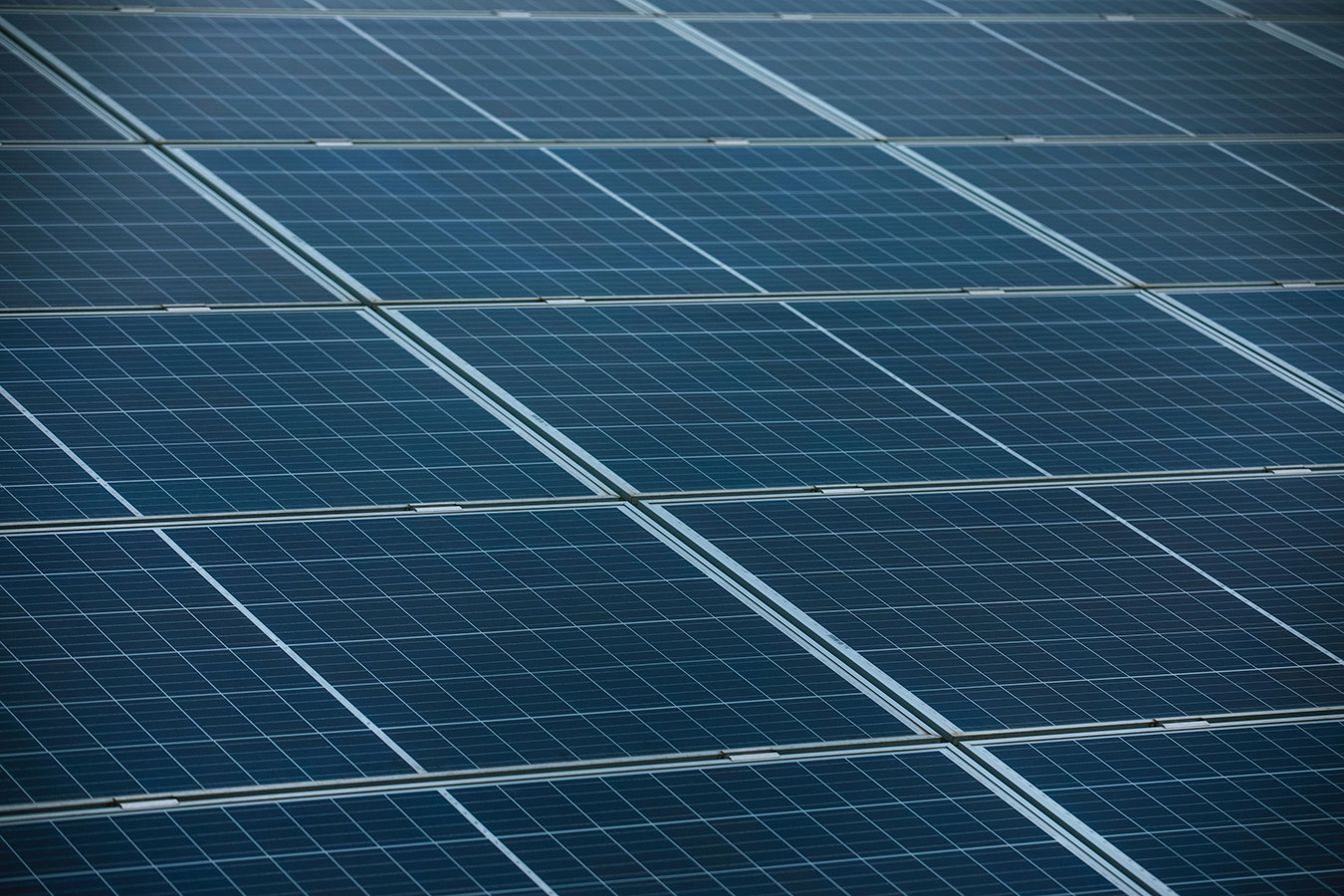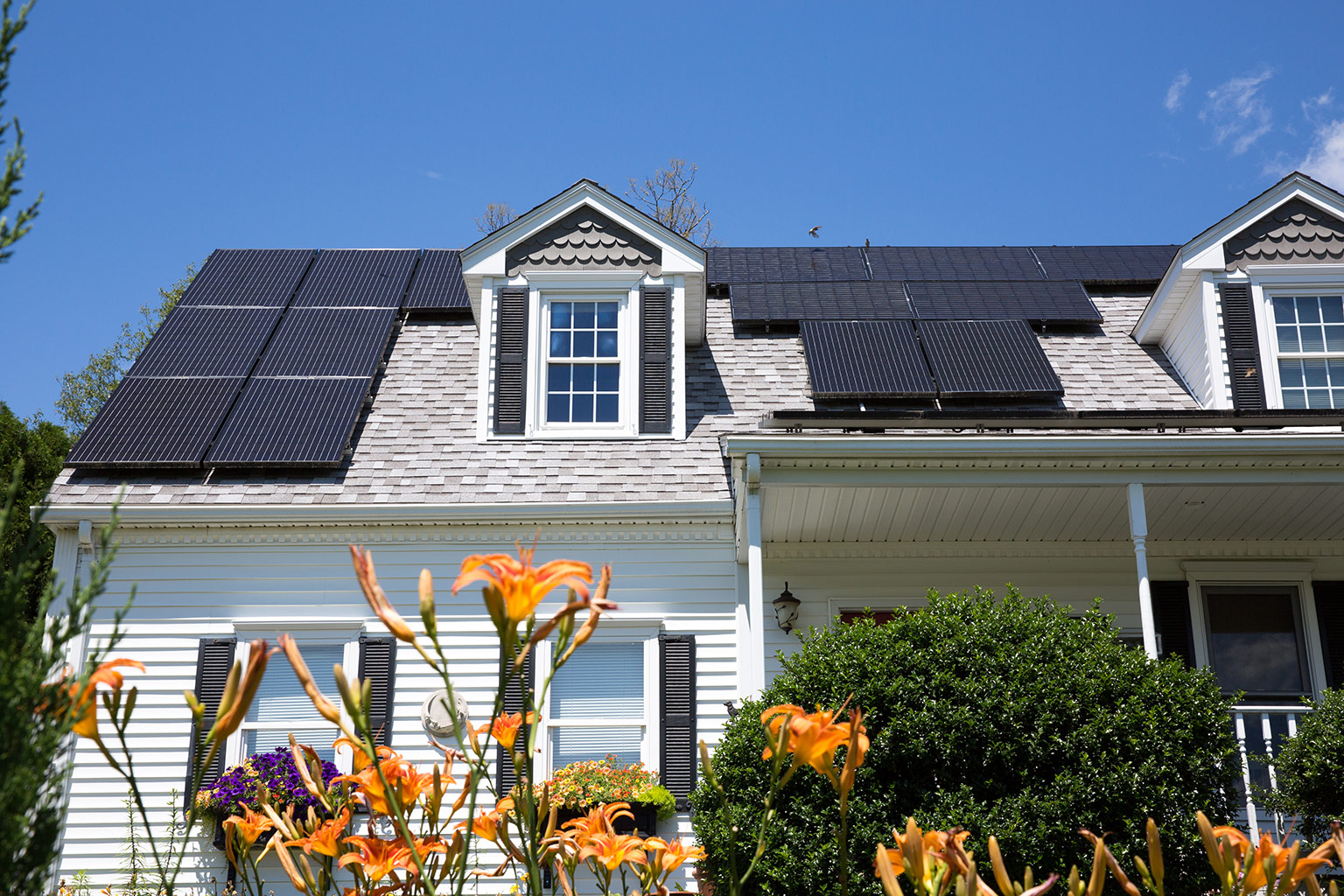How Many Do You Need?
Save money while minimizing the environmental impact!
Get A Free Quote Today!
On This Page
How Many Solar Panels Do You Need
How Much Solar Power You Need
How Much Do Solar Panels Weigh
What Is The Effect Of Solar Panel Size
A typical home would require between 20 and 24 solar panels to satisfy 100 percent of its electrical consumption. The formula for determining how many solar panels you require is the system size divided by the production ratio, divided by panel wattage.
The exact quantity you’ll need varies on your location, panel efficiency, panel rated power, and personal energy usage patterns. The quantity of solar panels you require for your home has a direct influence on the cost of solar.
How MUCH SOLAR PANELS do you need
Determining how many solar panels you’ll need for your home requires first knowing what your goals are. Do you want to reduce your impact on the environment? Boost your investment’s return? Trying to save the most money possible?
The majority of people want to save money while reducing their ecological impact. To calculate how many solar panels you need, you need to know:
Your average energy requirements
Your current energy use in watts
The climate and amount sunlight in your area
The efficiency of the solar panels you’re considering
The physical size of the solar panels you’re considering

One simple way of answering the “How many solar panels do I need” question is to consult a pro. Elevate Solar & Battery is your go-to company when it comes to solar energy.
How much solar power you need
Assess your previous utility bills to establish your home’s usual energy usage. You may figure out how many solar panels you need by calculating your household’s hourly energy use by the peak sunshine hours in your location and dividing the result by the wattage of each panel. It is important to note that the size of your roof and the amount of sunlight it receives may both be significant.
At Elevate Solar & Battery we will help you calculate your own system size, monthly savings, and the look of a solar array on your own roof.


How many hours of sunlight can you expect in your area?
The peak sunlight hours for your particular location will have a direct impact on the energy you can expect your home solar system to produce.
What affects solar panel output efficiency?
Solar cells with no grid lines on the front, for example, absorb more sunlight than conventional cells and do not suffer from concerns like peeling. Their structure makes them stronger and more resistant to breaking and corrosion. In addition, as opposed to one giant inverter located on the exterior of the house, a microinverter on each panel may maximize power conversion at the source.
Because of the vast range of quality and efficiency in solar panels, it’s impossible to say which solar panels are best for you or how many you’ll need for your home. The major point is that the more efficient the panels are, the more watts they can create and the fewer panels you will need on your roof to produce the same amount of electricity. Traditional solar panels typically produce around 250 watts per panel, with different degrees of efficiency.
To figure out how many solar panels you need, divide your home’s hourly wattage requirement by the solar panels’ wattage to calculate the total number of panels you need.


What is the effect of solar panel size?
Solar panel size and quantity are crucial factors if you have a tiny or irregularly shaped roof. With a big useable roof surface, you may be able to forgo some efficiency and purchase larger panels (at a cheaper cost per panel) to achieve your desired energy output. However, if your useable roof surface is restricted or partially shadowed, being able to utilize fewer smaller high efficiency panels may be the best approach to generate the most electricity over time, thus saving you more money.
How much do solar panels weigh?
Understanding the weight of your solar panels is another important thing to consider if you intend to construct a rooftop solar system. Knowing the weight of a solar panel is the best method to ensure that your roof can sustain a full installation.
While panel weights differ by company, most panels weigh around 40 pounds.

Knowing the answers on how many panels you need will provide you with an idea of the perfect amount of panels for your power generating needs or, at the very least, a reasonable range. Following that, a professional installer must evaluate your roof construction, angle to the sun, and other parameters to determine whether and how you will be able to physically place the appropriate number of panels on your roof to meet your daily energy production objectives. At Elevate Solar & Battery, you can get the security that you will be assisted accordingly.
Ask A Solar Expert
Interested in high efficiency solar panels for your home? Contact Elevate Solar & Battery today for more information.
Request A Free Quote Today!
Our solar systems are made to fit your needs.
Take a look at how solar systems work or give us a call for a free consultation!
